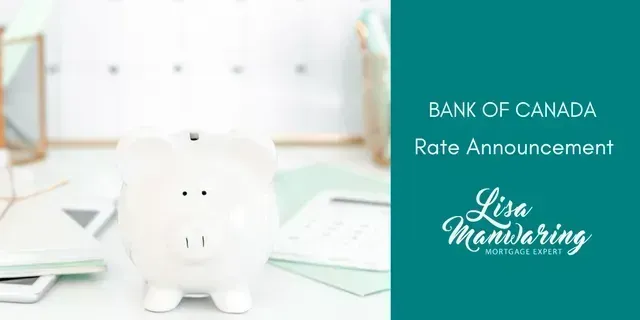Tips for Homebuying with Family Members
Pooling resources with parents or siblings opens possibilities when it comes to buying a home everyone can afford. Homebuying requires careful planning though, since there’s so much at stake—and money is the least of it; we’re talking love and loyalty here.
If you want to buy a home with family members (and still be on speaking terms during family functions) this is what you need to consider.
Answer this: Why are you moving in together?
Perhaps mom and dad need to downsize and want to be closer to their children. Maybe one of those children needs after-school care for the kids, or someone has gone through a divorce and needs family support…
Besides saving money, families considering buying a home together often have non-financial issues that make it a good choice. Agree on how you’ll all help each other—cooking communal meals; driving parents to medical appointments or kids to school; etc.
Now you need to separate those personal arrangements from the legal aspects of buying a home together. This isn’t Thanksgiving dinner, it’s business.
Hire a lawyer.
All homebuyers should use a lawyer, and that’s especially true for families buying together. Be prepared to spend more on legal services too. Why? There’s more to cover.
The following commitments and promises should be considered when preparing binding legal documents.
Disclose your financial standing.
All potential co-owners should share their credit report (it’s free here) with the group. You may want wine for this meeting.
If you’re applying for a mortgage together (the Family Plan Program is designed to help with this) you need to know where each person stands to determine how that could impact all family members.
Be prepared to tell your clan how much you have for a downpayment and how much you can pay monthly. Add up everyone’s contribution and use our calculator here to figure out how much family home you can afford.
Imagine the future.
A home should be a long-term commitment, but life happens: job loss or out-of-town promotion, a baby, illness—those are just a few things that impact your life. Discuss what impact they could have on your housing arrangement.
For example, under what circumstances could the property be sold? For instance: What happens if not all co-owners want to sell at the same time?
Consider setting a minimum amount of time that everyone will commit. (Your mortgage term is a good place to start.) Then plan for what could happen after that.
For example, you may want to do some research around what financial options are available to you when one owner wishes to leave – such as buying out that owner’s share. Or, the empty unit could be rented to generate income that would pay back, over time, the owner who wanted to sell.
The solutions will be as unique as your family. Talk it all through first.
Consider upkeep and upgrades.
Decide how to cover emergency expenses, like a roof or HVAC repair, and less urgent improvements, such as exterior painting.
An easy approach is to open a high interest-rate savings account and have everyone contribute to it monthly.
Here’s where things get tricky: Let’s say you want to upgrade bathroom and kitchen fixtures. That will make your personal space extra nice, but it could also improve the building’s energy efficiency and resale value. Will all family members contribute financially to your upgrades?
These may seem like details for later, but small grievances can snowball into big resentments. Tackle them before signing day. And remember, for any transaction of this nature, it is crucial to consult with a mortgage professional before proceeding.
Contact me anytime, I would love to point you in the right direction.
RECENT POSTS





